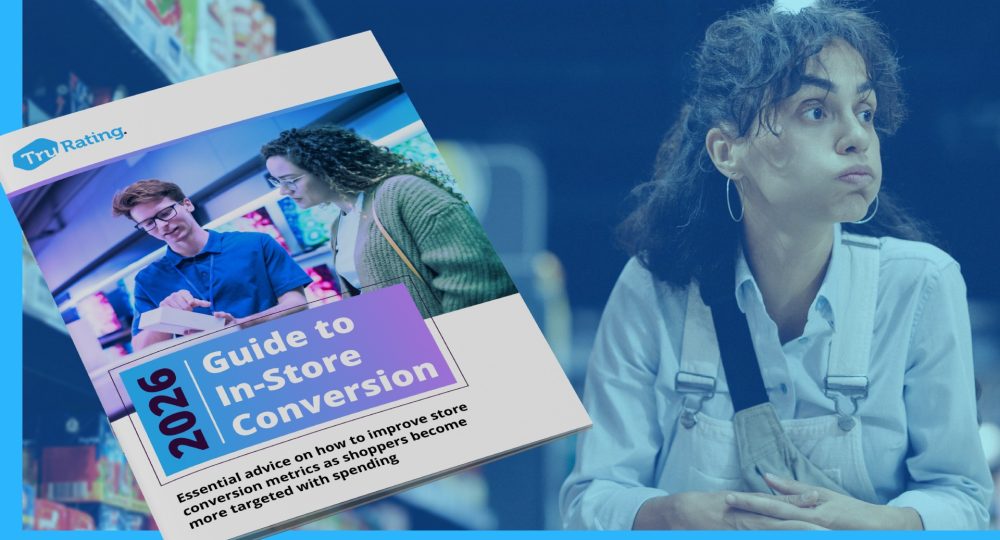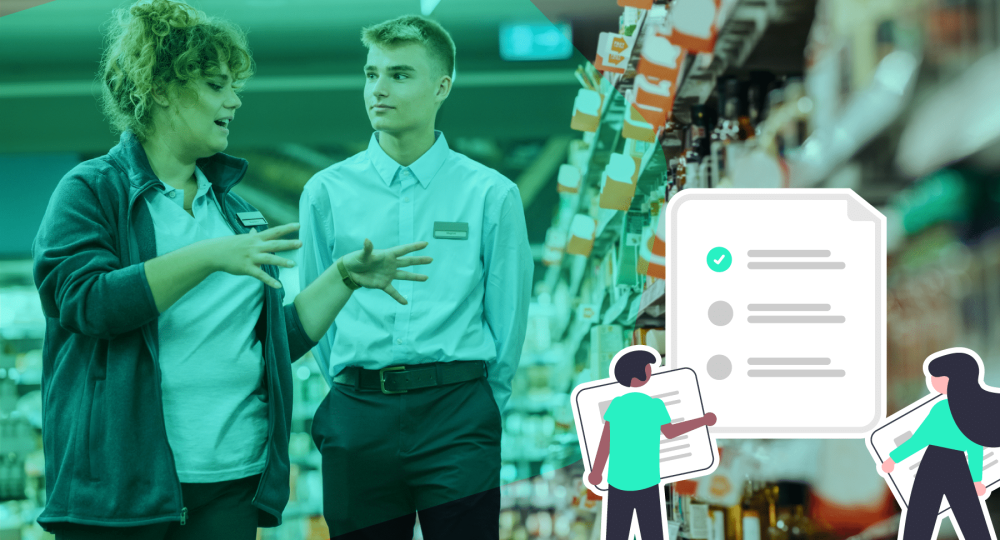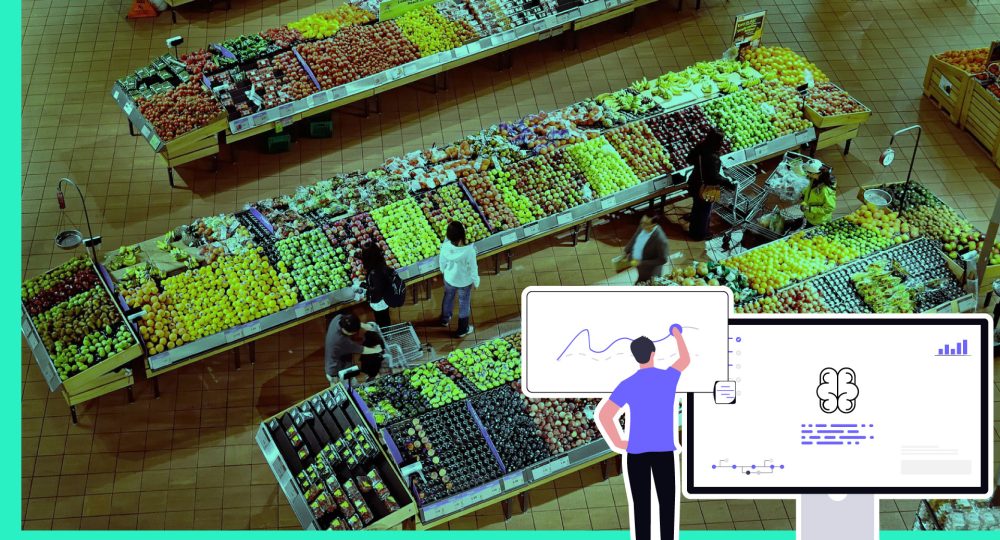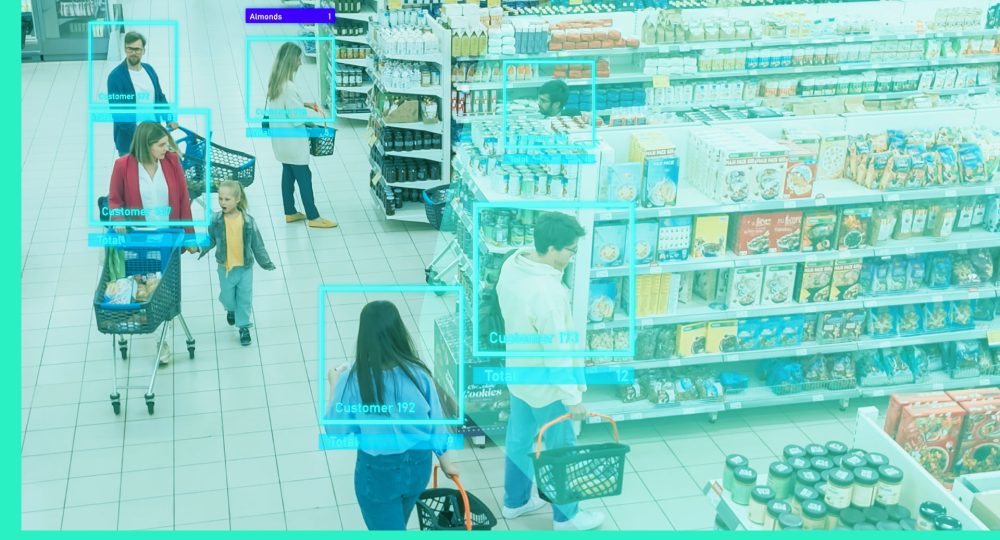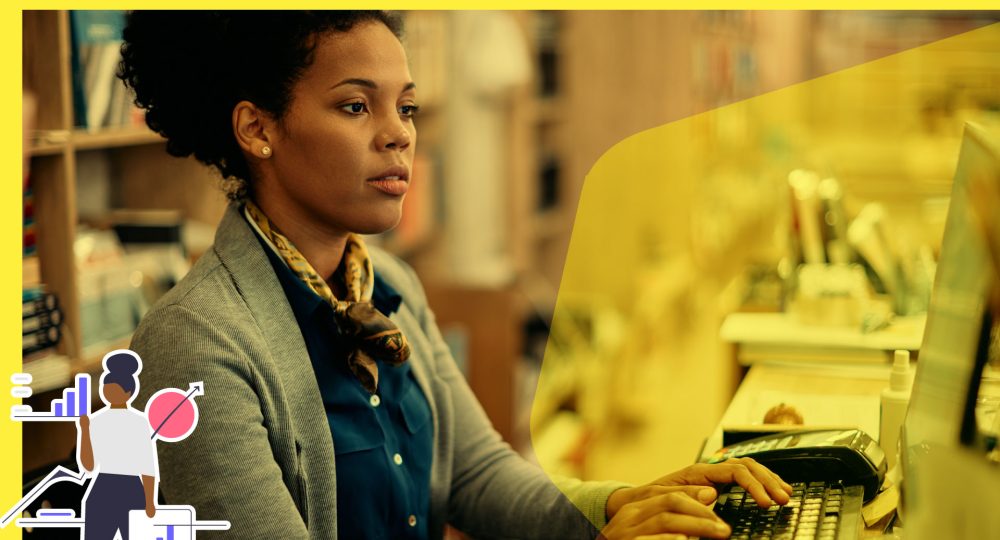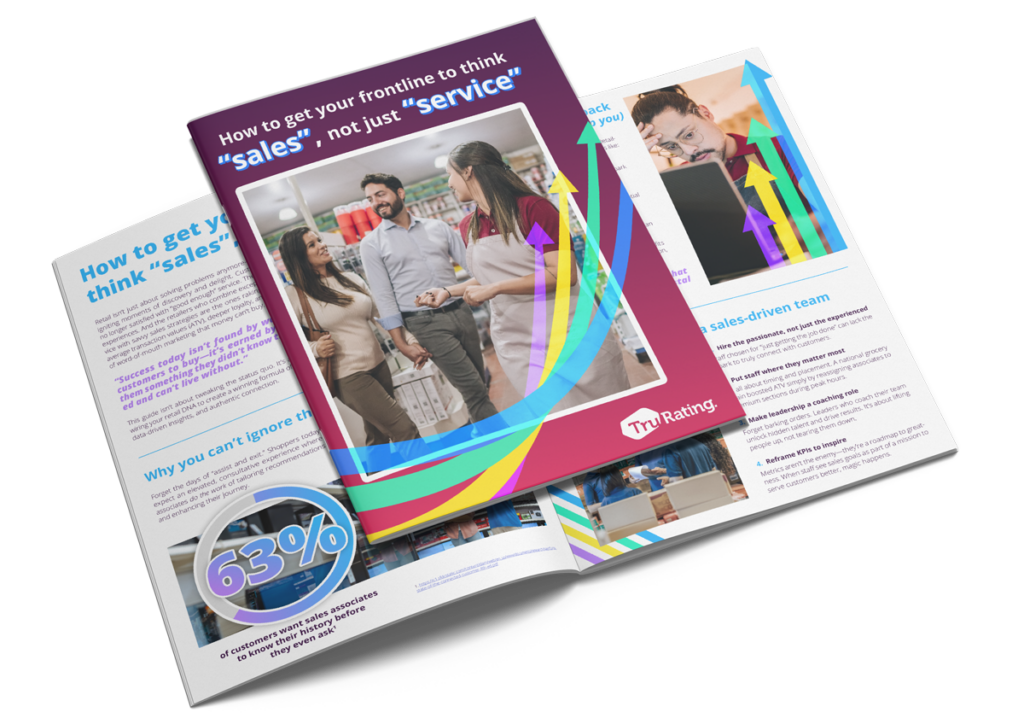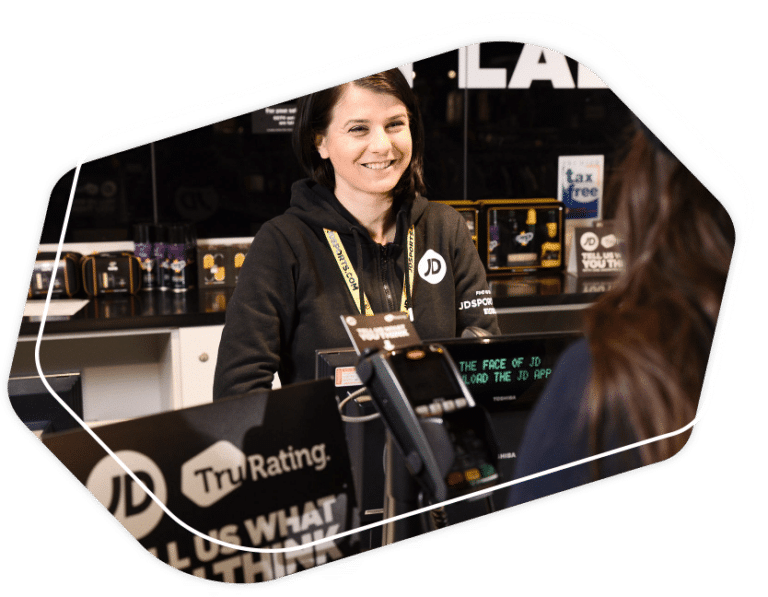Second up to bat in our new series The Influencers, we were lucky enough to speak to the fantastic Andrew Busby. Having worked in the retail industry for over 20 years, Andrew’s time is now primarily spent working as a retail analyst, writer and keynote speaker. As the principal and founder of Retail Reflections, Andrew regularly speaks to audiences around the world and has been recognized as a Vend 100 influencer and IBM Futurist to boot.
Andrew’s regular Forbes column is a great introduction to his work and style, and he is also a contributor to Retail Week. Having recently wrapped up his first book (we’ll let you know as soon as it’s hit the shelves) it was great to catch up with Andrew to get his thoughts on all things retail. We hope you enjoy the conversation as much as we did!
Hi Andrew, to start things off, could you tell us a little about your background and how you ended up where you are today?
My retail journey started over 20 years ago when I joined Superdrug to run IT Operations and Services. It was a great business and a fantastic way to learn all about retail. From there I moved onto business development roles, working with a number of technology partners, but always retailers too.
I’ve always wanted to do what I’m doing now – writing, speaking and working as a retail analyst and commentator. Initially, I began to write columns for Retail Week as a sort of ‘extracurricular activity’. A few years ago, I took a couple of months off, leaving the corporate world behind me, and that’s when I really began to focus full time on Retail Reflections.
It’s been a fascinating journey. I’ve learnt that if you’re open to opportunities, one thing tends to lead to the next. One of the fantastic things about the power of social media is that, even if people aren’t always actively commenting on everything you do, you have a platform to get your content out there. And if it’s informative and entertaining, people will read it!
When did Retail Reflections officially open doors?
March 2017 – a major milestone for me. About a year after Retail Reflections setup, I began writing for Forbes as a retail columnist, which has been amazing so far too. The next big personal project is the book I’ve been working on for the past several months. We’re exploring publishing options, but it’s given me the taste, and I’m already thinking about the next one!
What’s your take on the current retail landscape – are these challenging times or our are we in a period of opportunity?
It’s definitely the latter. I get frustrated when people talk about the ‘death of the high street’ or the ‘retail apocalypse’. It might feel like that for some brands but usually, there’s a reason why they’ve struggled and sadly in some cases, why they’ve ultimately failed. I refer to it as ‘Darwinism on the High Street’ – the survival of the fittest rings true.
We’re currently seeing a rapid, rapid period of transformation. The role of retail, where it sits in our lives and in wider society, is being challenged. I see a lot of ‘legacy’ brands still clinging to the old ways of working, which are clearly no longer fit for purpose. Old KPIs, like sales per square foot as an example, are pretty meaningless today, but some retailers struggle to move on.
What this evolution really presents is an opportunity for retailers to become more relevant to their customers. Just setting up a website or a new store is no longer enough. Retailers need to start thinking about themselves like small media organizations or service providers, adapting and evolving to their customer’s needs.
How do you see the relationship between physical and online retail developing in the coming years?
They will become one and the same and we won’t refer to them separately, it will all just be ‘shopping’. That’s how most consumers already see it today.
If you listen to a legacy retailer speak, they still tend to talk in terms of channels and they try to calculate sales attribution as to whether something is an online sale or a store sale, but those lines are becoming increasingly blurred…
I read a report from a consultancy recently that said that by 2030, online sales will make up and account for 53% of total retail sales. If that’s the case, it says two things. Firstly, we’re probably going to see more and more white vans, rushing around the country to deliver all those online sales. Secondly, it’s that ‘online’ is the norm. Physical stores will come to be seen as the physical manifestation of the brand – there won’t be room for weak stores, they simply won’t be tolerated.
“Physical stores will come to be seen as the physical manifestation of the brand – there won’t be room for weak stores, they simply won’t be tolerated.”
You say that weak stores won’t be tolerated – what will be important to the survival of the stores of the future?
There’s a number of elements that will drive success. The store experience needs to be exciting, it needs to be inspiring and it needs to create an element of intrigue. Take somewhere like Selfridges, one of the all-time great department stores and retailers. Every time you go in there, there’s always something interesting just around the corner.
And here’s a shameless plug for the book that’s coming out – I’ve called it ‘Harry Was Right All Along’ after Harry Selfridge. If you look at what he was saying over a hundred years ago, he wanted his Oxford Street store to be a place where people socialized, where they ate and drank, where they chatted. If they happened to buy something along the way, great, but if they didn’t, that’s okay too. Hopefully, they’ve had such a wonderful time that they’ll want to come back again and again.
For me, the ironic thing is that he was saying these things over a hundred years ago, and now you hear people today talking about ‘experiential retail’ as if it were something brand new! We’re seeing a shift in perception as far as the purpose of a physical location today, and that makes these exciting times.
Do you think that technology is driving retail’s current evolution or are there other forces at play?
Retail is fundamentally a human business. Technology is the enabler – it should always be human first, tech second. At big shows like NRF you often see retailers clamouring over the latest technology. I often look at this and think to myself, but do you know who you are? What does your business stand for? Who is your audience?
If you do know this, and your organization is aligned in this understanding too, it will help you to make the technology decisions that are right for you.
As far as what’s driving consumer expectations, that’s a fascinating question. We’re constantly learning from our peers and our children and the environment around us. It’s almost a self-fulfilling prophecy in retail, the more we see, the more our expectations grow. To give an example – there’s a company based in Stockholm that partners with retailers to deliver any item you might need, wherever you are, in under an hour. Forgot a loved one’s birthday? Here’s your solution!
The ability to provide this level of customer service will become almost expected. The art is in making all the hard work that goes into providing these experiences invisible to the consumer.
Retail is fundamentally a human business. Technology is the enabler – it should always be human first, tech second.
Is operational excellence going to become a key differentiator as far as customer experience is concerned?
Absolutely – I think it that will come to define brands in the future. Most people when they interact with brands have already accepted a certain level of price and quality as a sort of agreed-upon terms of engagement. We know what to expect when we shop with Group A or Group B. What actually matters to us now, is convenience. Who makes it easiest for us to shop with them? Because of this, inventory management is going to become one of, if not the most, important parts of successful retail going forward.
Is this expectation for immediacy what people refer to when they talk about ‘Amazon Effect’?
There’s an element of truth to that, yes. When it comes to Amazon, we love the convenience, but I think most people have a pretty practical or functional relationship with them as a brand. People don’t love Amazon, it’s often just the easiest choice.
As far as the impact of online on the modern high street is concerned, the issue is really a social and community one. As we become increasingly accustomed to buying things online, we’re going to see more holes appearing where businesses used to be. There’s only so many coffee shops, hairdressers or estate agents that any one person can bear!
I’m hoping that we will see regeneration in the form of properties combining residential space with retail on the ground floor. Done well, this will bring people into town centres and create a community hub that preserves the idea of retail as a social activity. The problem comes with getting all the various stakeholders aligned and moving in the same direction. As we’re already seeing today, that can be an incredibly difficult thing to do.
Thank you so much for speaking to Andrew – to close things out, what would your single piece of advice be to the retail community?
Be relevant. That applies to the customer experience, your distribution methods and everything your brand stands for. Make your customers needs’ your own and you’ll do well.
____
For regular updates, follow Andrew on Twitter and while you’re at it why not follow Retail Reflections also. You can check out Andrew’s fantastic Forbes column, and keep a lookout Andrew’s soon to be published book, ‘Harry Was Right All Along’ – we can’t wait!



